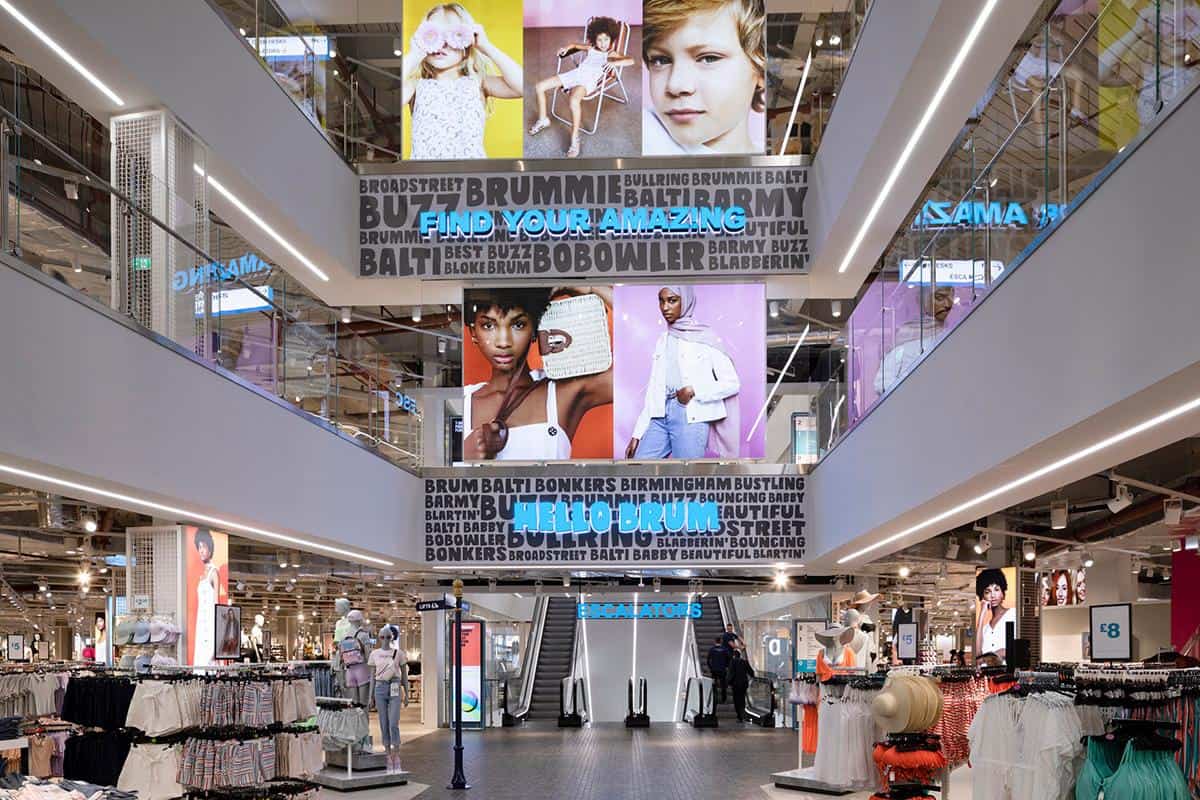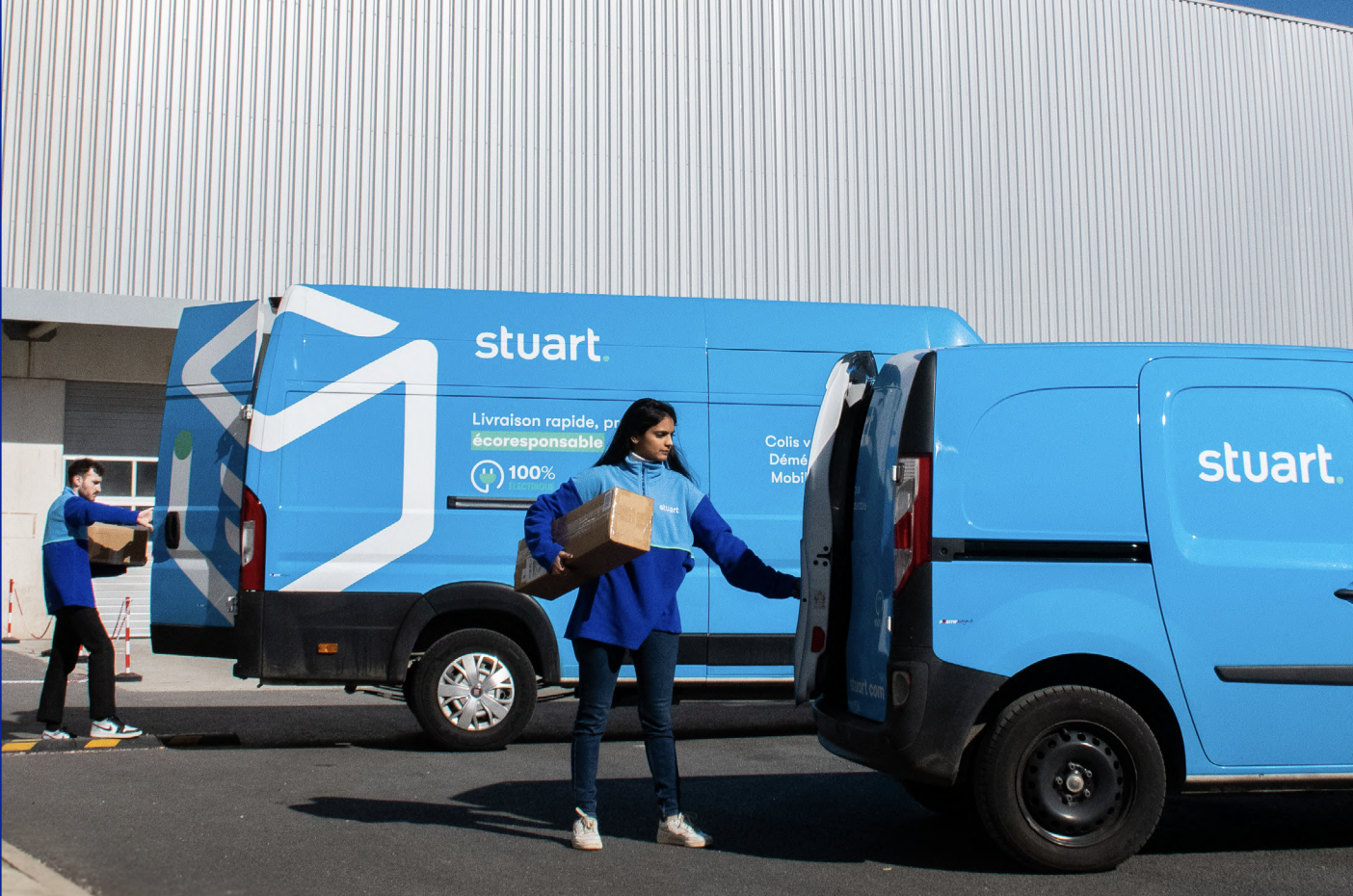Primark expects to make “significant progress” in its digital development in the coming year as it launches its trial click and collect service in the UK and launches its new improved website, already up and running in the UK, across its international markets.
Since the new Primark website launched in the UK in the spring, traffic is now up by 83% on last year, customers are viewing almost twice as many pages per session, and about 15% of visitors are using its new store stock checker, which has become “a key driver of footfall into stores”, says ABF.
The retailer says it is on track to trial its previously-announced click and collect service in 25 shops in the north of England and Wales before Christmas – enabling customers to shop from a “far wider” range of nursery, baby and children’s products, including many online exclusives. “We believe this has the potential to satisfy unfulfilled demand from both existing and new customers, driving footfall into stores and delivering incremental sales,” says ABF in today’s statement.
Full-year figures
The update came as the retailer’s parent company Associated British Foods (ABF) said its store-first business had seen a strong recovery following the ending of Covid-19 trading restrictions, and in a year in which its stores were open for the full year.
In the year to September 17 2022, Primark parent company Associated British Foods (ABF) reported group revenue of £16.99bn. That’s 22% up on the same time last year. Pre-tax profits of £1.1bn are 46% ahead.
Within that, Primark reported total sales of £7.7bn, 38% up on last year. Adjusted operating profits of £756m were 136% up on last time. ABF also wrote down the value of Primark’s German assets by £206m, a market where it is currently considering repositioning the retailer in order to increase sales densities and “make the business sustainably profitable”.
The retailer has seen a “significant increase in customer footfall and sales densities” as its markets emerge from pandemic trading restrictions. Its UK like-for-like sales are now “broadly in line with pre-Covid levels” but remain weaker in continental Europe “given cautious consumer sentiment”.
It has previously launched a new UK website and a click and collect trial is set to launch in 25 UK stores this autumn. During the year the business also invested in new automated warehouses for Primark. It expects to open 1m sq ft of retail selling space in the current financial year, including almost doubling store space in the US market. By the year end it was trading from 408 shops and plans to open a further 27 in the coming financial year, of which 10 will be in the US.
George Weston, chief executive of ABF, says: “Sales, margin and profits at Primark increased significantly as more normal customer behaviour resumed after the pandemic. Significant progress was made in building out Primark’s digital capability, which will be a key element in the future development of Primark.
“Looking ahead, substantial and volatile input cost inflation will be the most significant challenge in the new financial year, and our businesses will continue to seek to recover these higher costs in the most appropriate way. Primark has faced significant input cost inflation and sharply moving currency exchange rates. We have decided to hold prices for the new financial year at the levels already implemented and planned and to stand by our customers, rather than set pricing against these highly volatile input costs and exchange rates.”
Sustainability
The Primark Cares strategy includes nine commitments across ‘product’, ‘planet’ and ‘people’ up to 2030. Highlights from the latest financial year include that 45% of all clothing sold during the year included recycled or more sustainable source material, up from 25% at launch. By 2030, the retailer expects all of its clothes to be made in this way. Forty per cent of its cotton clothing now includes organic, recycled or sustainable cotton.
But its carbon emissions increase by 2.6% compared to its 2018/19 baseline, where its ambition is to cut them by 50% by 2030. “This is largely the result of the increased volume of material used to produce the products sold over that period,” says ABF in today’s full-year statement. “We expect this trend to continue in the short term, but then decline as the savings from the energy efficiency programmes that are being rolled out across our supply chain begin to deliver at scale.”
The retailer is currently benchmarking living wages in the countries where its products are made as part of its commitment to pursue the living wage in its supply chain by 2030.










